As is well known, an insurance system is an elaborate mechanism to reduce financial losses caused by random events that prevent the realization of reasonable expectations. Considers systems that cover property losses, human life, health, and employment, among others. The economic justification for an insurance system is that it contributes to general well-being by improving the prospects of plans that could be frustrated by negative events. The insurance system can also increase total production by encouraging individuals to undertake projects that the possibility of incurring large losses would otherwise inhibit. Insurance organizations (insurers) were established to help lessen the negative financial consequences of unexpected events. Insurers issue contracts (policies) that promise to pay the policy beneficiary a defined amount equal to or less than the financial loss if the covered event occurs during the policy period.
Despite the economic advantages of insurance,
not all people and companies use it. Among many reasons, people do not buy insurance due to a lack of information about its benefits. Suppose a person is already insured by the social security system or by a group policy from their workplace. In that case, this person is still a potential client for insurance that provides better services, greater protection or tax savings. Insurers spend a lot of resources convincing these potential customers of the benefits of their products. According to Barrese and Nelson (1992), the most important means of selling insurance is through insurance agencies. There are two types of insurance agencies: exclusive agencies and independent agencies. The latter represent many insurers and are not required to sell policies from a particular insurer. Based on the insurance literature, we will refer to them as insurance agencies, agencies, or agents.
insurance companies OKC
For OKC insurers, dealing with exclusive or independent agencies has the advantage of allowing rapid expansion. However, a principal/agent problem is created: agencies have more information than insurers regarding consumer preferences, and insurers do not know the agency’s sales effort or costs. As the agency system expands, agencies gain greater bargaining power than insurers, while insurers have trouble controlling the agency. The characteristic solution to this moral hazard problem is the payment of sales commissions to encourage the efforts of the agencies. It is expected that the higher the commission the greater the sales effort. Another problem that arises in the case of independent agents is that agencies consider their clients as their assets. That is, an agency believes it has the right to sell its client record to another agency if it so wishes. Therefore, since independent agencies sell policies from multiple insurers, they would be expected to sell the policies of the insurer that pays them the highest commissions.
Commissions thus become a fundamental instrument of competition in the insurance market. This opportunistic behavior arises when there are consumers who would not consider purchasing a policy if they were not persuaded or convinced by an insurance agent.
This article studies the effects of commissions paid to agencies on insurance premiums and consumer welfare when commissions are used strategically to sell insurance policies. We take into account the opportunistic behavior of agencies when selling the policy of the insurer that pays higher commissions. We consider different market structures: a duopoly of insurers that compete on commissions (competition between insurers), collusion between insurers with agencies that remain independent (horizontal collusion or insurer monopoly), and collusion between insurers and agencies (integration vertical or exclusive agents).
We show that competition between insurers and vertical integration generates higher premiums than horizontal collusion. These results contrast with traditional economic theory, which predicts that competition and vertical integration generate lower prices than monopoly. The reason for these results is that, on the one hand, competition between insurers causes an increase in commissions so that agencies promote their policies. On the other hand, since we assume that the unit income of insurers is regulated, the vertical integration between insurers and agencies allows the monopoly formed by the agency insurer to use the Commission to exercise its market power and set the monopoly premium.
demonstrate that when an increase in the Commission paid
We also demonstrate that when an increase in the Commission paid by an insurer generates a more than proportional increase in the probability that said insurer is offering a higher Commission than its competitor, the Commission generated with vertical collusion is greater than that generated with competition. between insurers.
These results suggest that horizontal collusion is better from the consumer’s point of view because the premiums are lower. However, low premiums are accompanied by low commissions, which is not necessarily good for the consumer as fewer consumers would be purchasing a policy. In other words, a high Commission increases the number of consumers who buy a policy, but each buys less coverage. Therefore, the optimal commission from the consumer’s point of view may be higher than the commissions that result from horizontal collusion, vertical collusion, or competition between insurers. Consumers are willing to pay higher premiums for insurance when the likelihood of an accident, the degree of risk aversion, or the average expected loss are “high enough.”


